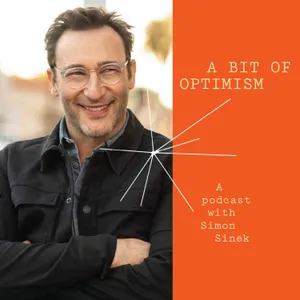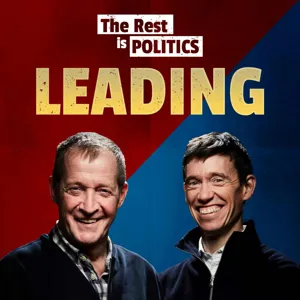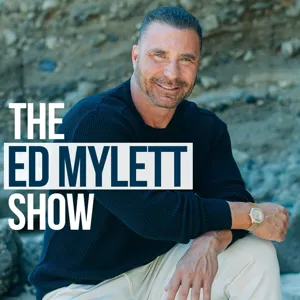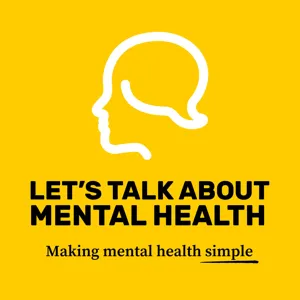140. Best of: How to Handle a Skeptical Audience
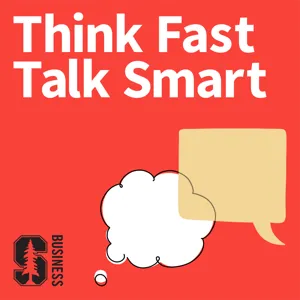
Preparing to speak in front of a skeptical audience is more than thinking about objections beforehand – there are specific techniques you can use to respond to these challenging situations without sounding defensive, evasive, or dismissive. Here, we offer a few key tips for how to handle skepticism with aplomb.
In this podcast, host Matt Abrahams and Stanford GSB lecturer Burt Alper share how to prepare for these challenges from your audience and discuss the importance of tactics like acknowledging audience input, reframing responses, and how to remain cool, collected, and credible.
Episode Reference Links:
- Burt Alper: Website
- Stanford Profile: Website
- Ep.102 Create a Presence: How to Communicate in a Way Others Can Feel: Website / YouTube
- Ep.70 Keep ’Em Coming: Why Your First Ideas Aren’t Always the Best: Website / YouTube
- Original Episode - Ep.5 From Monologue to Dialogue: How to Handle a Skeptical Audience: Website / YouTube
Connect:
- Email Questions & Feedback >>> thinkfast@stanford.edu
- Episode Transcripts >>> Think Fast Talk Smart Website
- Newsletter Signup + English Language Learning >>> FasterSmarter.io
- Think Fast Talk Smart >>> LinkedIn Page, Instagram, YouTube
- Matt Abrahams >>> LinkedIn
- Stanford GSB >>> LinkedIn & Twitter
Chapters:
(00:00:00) Introduction
Host Matt Abrahams introduces the episode and guest Burt Alper, a fellow strategic communication lecturer at Stanford GSB
(00:00:55) Handling Direct Objections
Confronting direct objections during presentations, particularly in professional settings like executive meetings or at the GSB.
(00:02:37) Preparation for Objections
The importance of preparation when anticipating objections and strategies for foreseeing potential pushbacks.
(00:03:50) Emotional vs. Logical Objections
Distinctions between emotional and logical objections and how these types of objections manifest in conversations.
(00:06:09) The Power of Reframing
The technique of reframing in objection handling and altering the context of a conversation to address concerns without conceding.
(00:08:17) The Role of Paraphrasing
Paraphrasing as a critical skill for clarifying and addressing objections, with the benefits of accurately restating concerns to ensure mutual understanding.
(00:12:11) The Final Three Questions
Burt Alper shares the best communication advice he’s received, a communicator he admires, and his ingredients for successful communication.
(00:14:55) Conclusion
See Privacy Policy at https://art19.com/privacy and California Privacy Notice at https://art19.com/privacy#do-not-sell-my-info.
